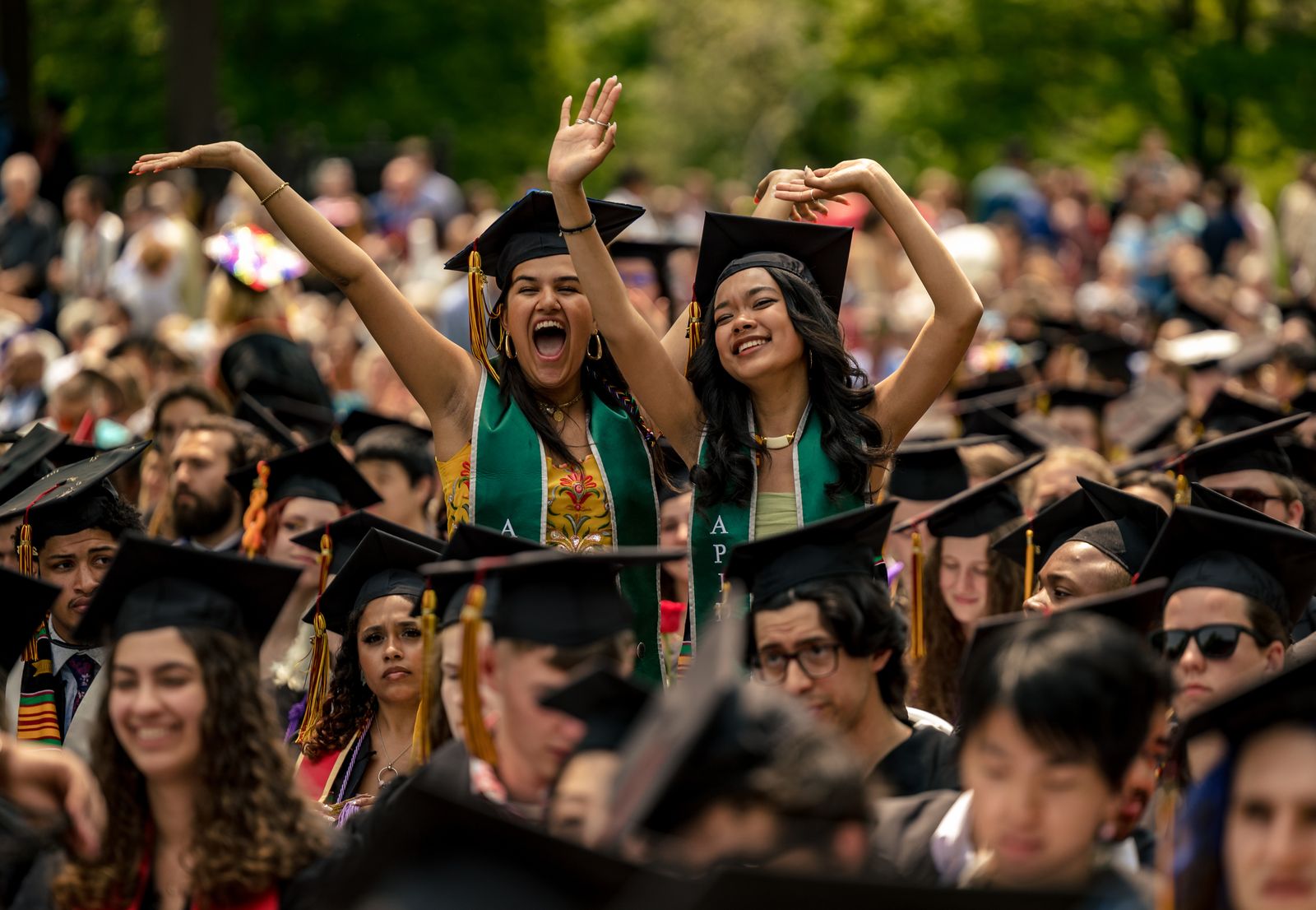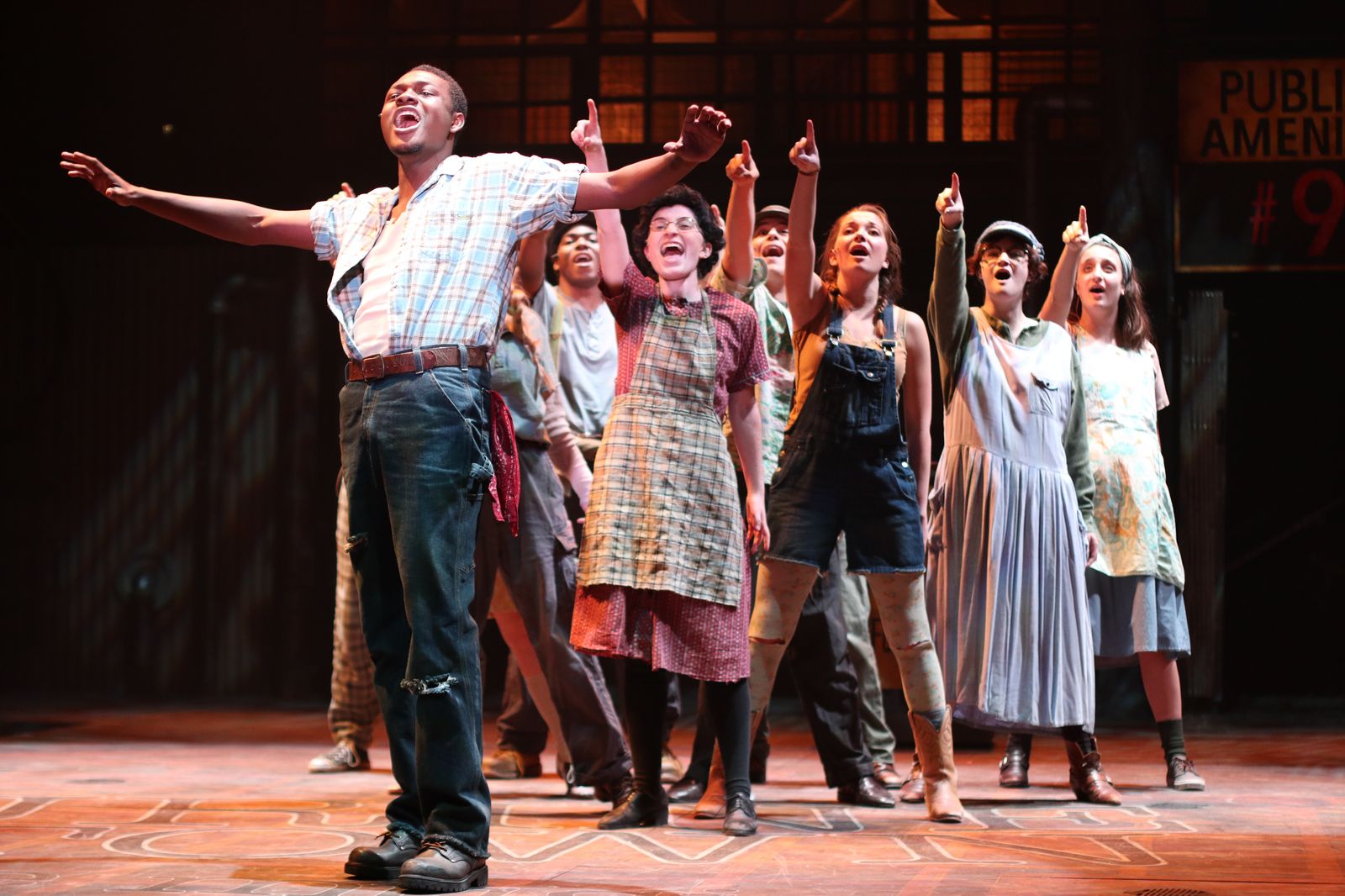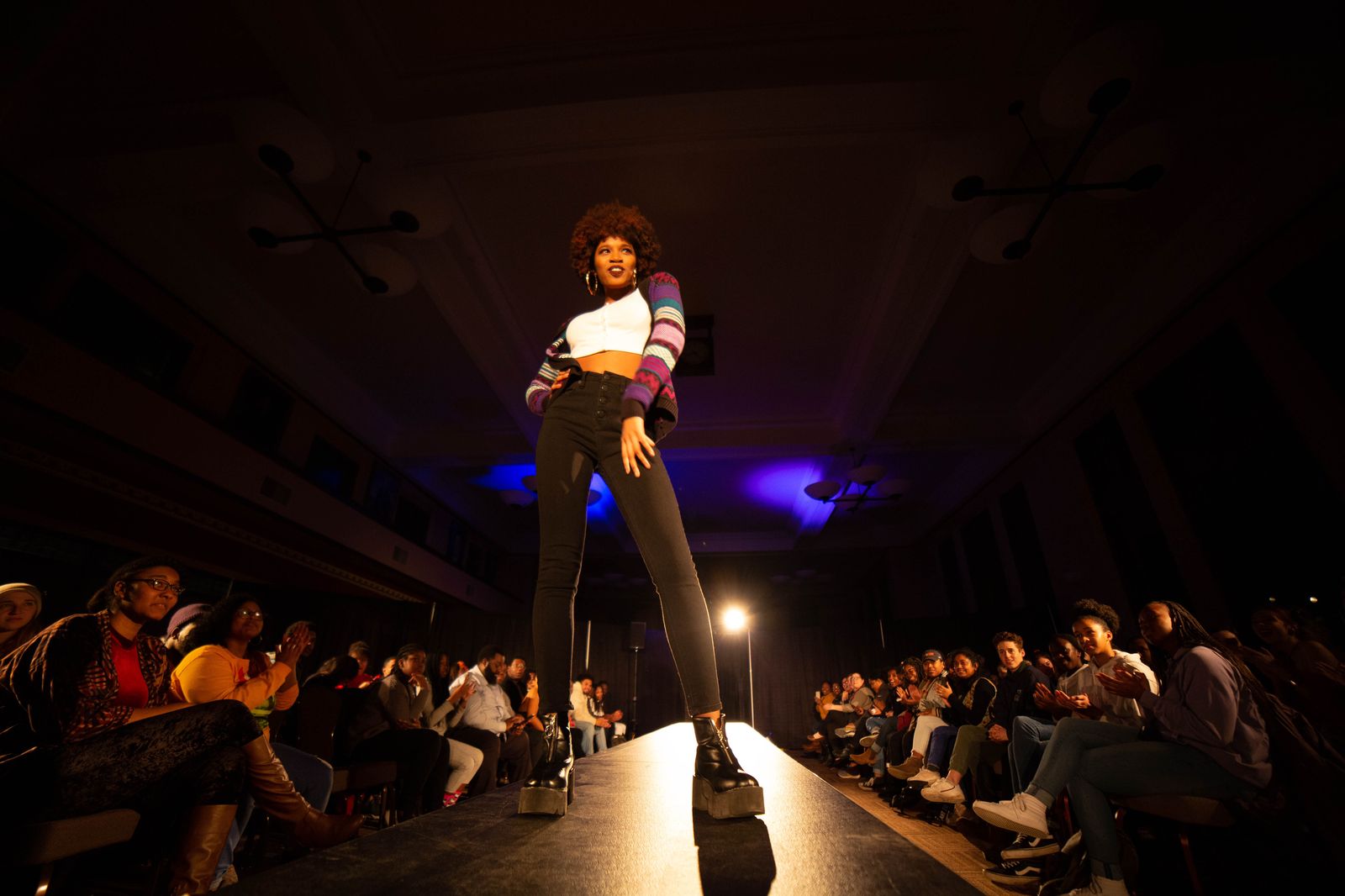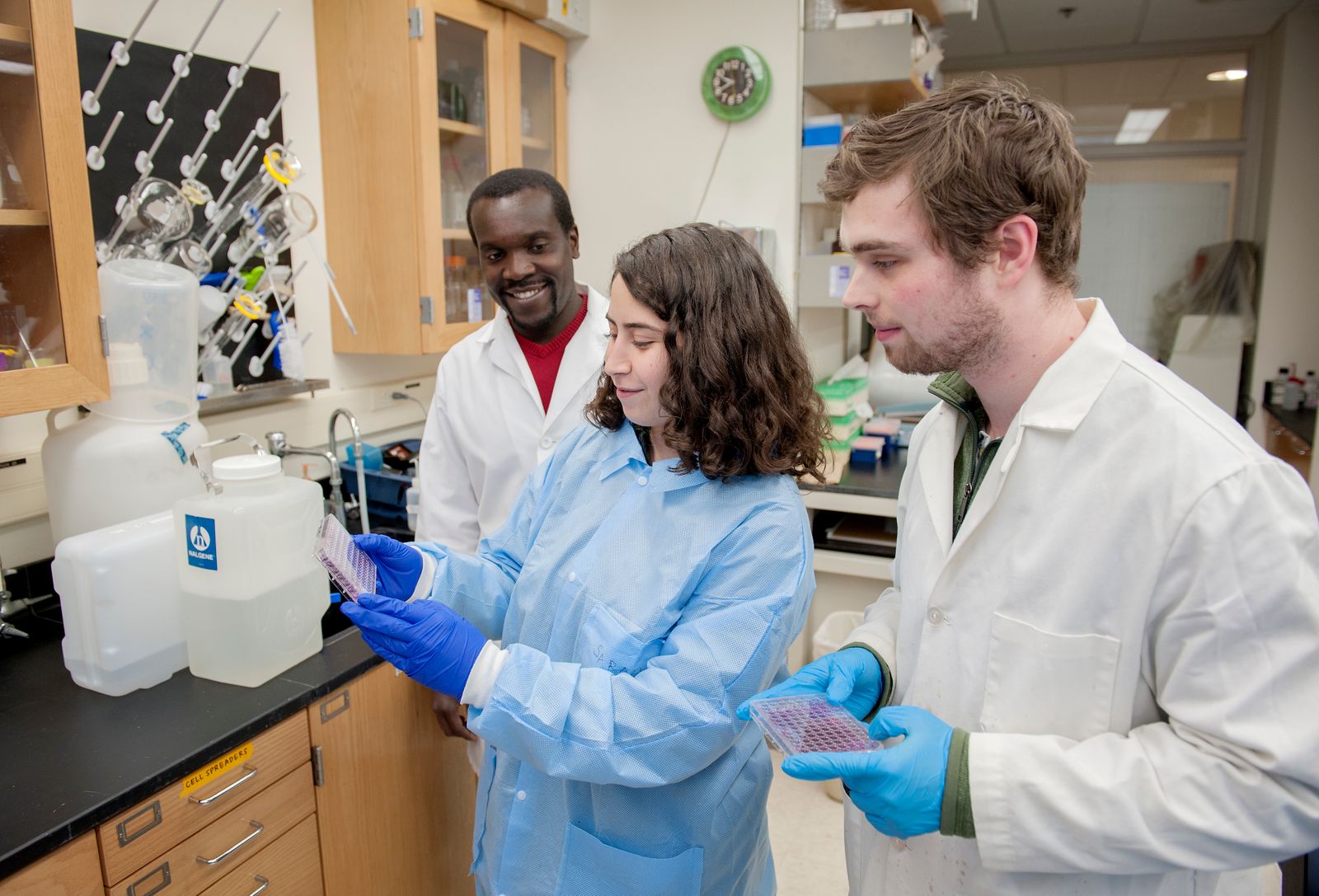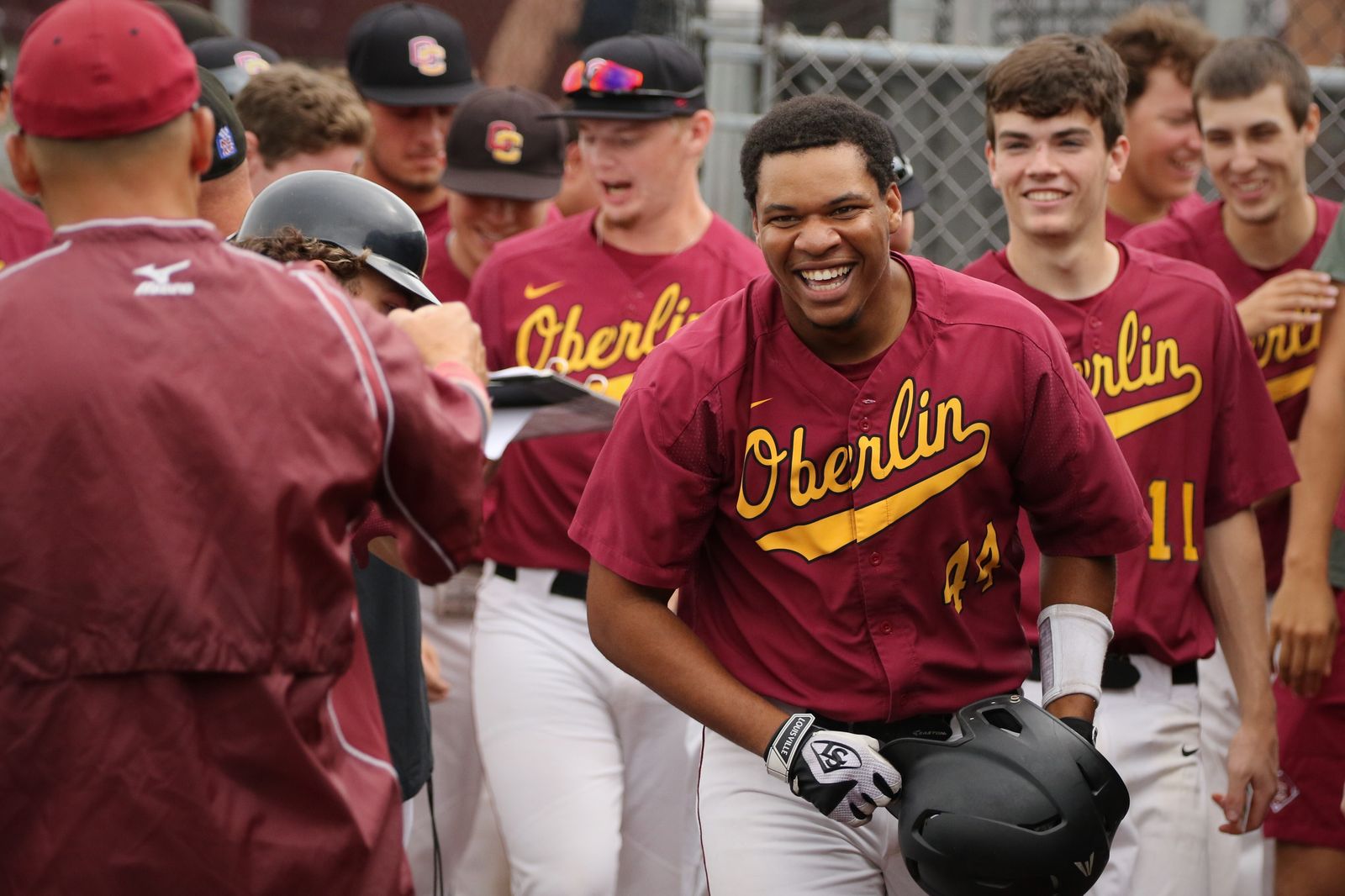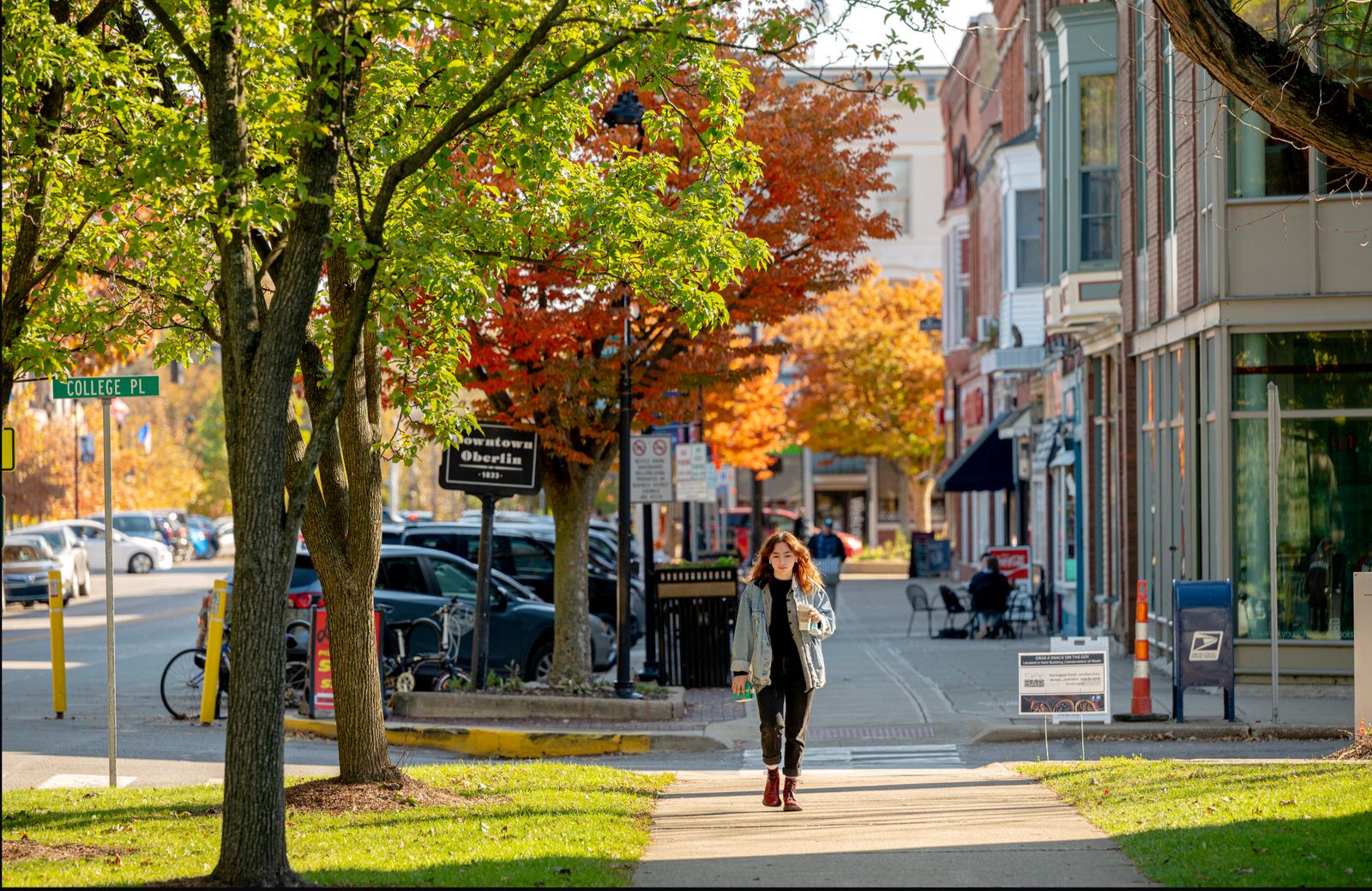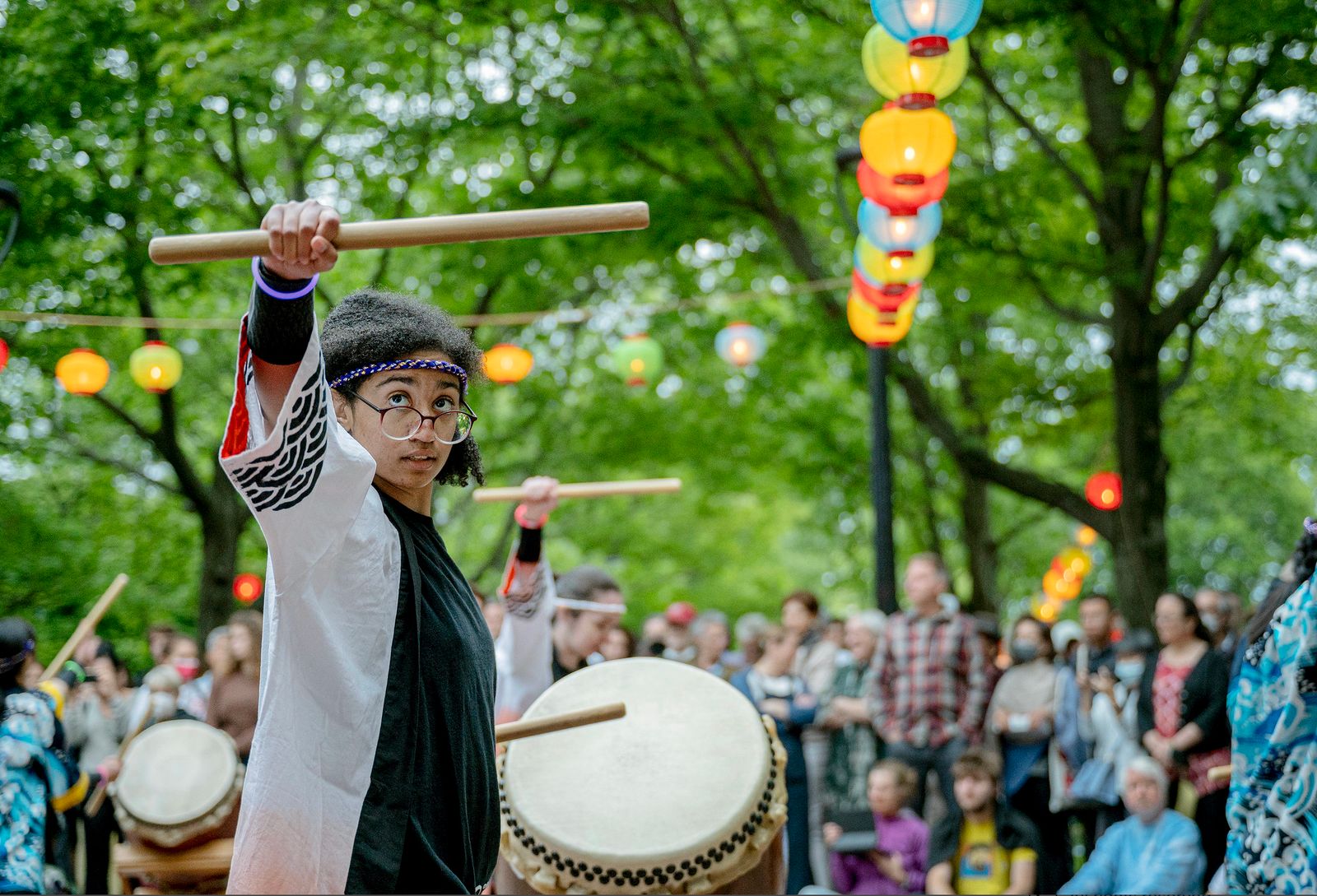
Oberlin College
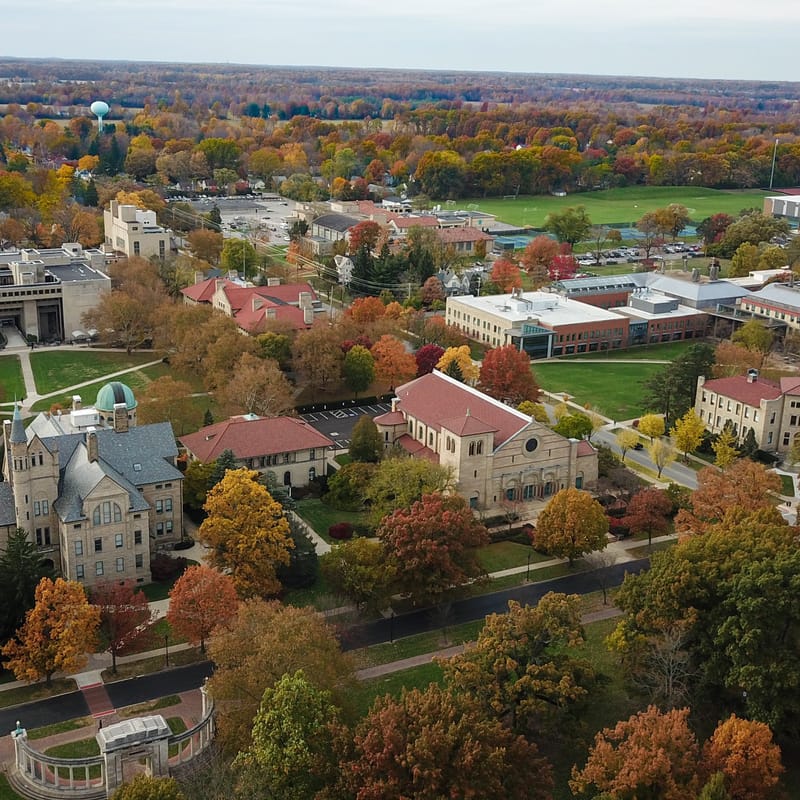
Get to know Oberlin College
School Profile
College Town campus setting
2,854 undergraduate students
810 first-year students
94% of students are from outside of Ohio
Students hail from 43 U.S. states and 46 countries
Academics
50 majors and 5 integrative concentrations
Student-to-faculty ratio 6:1 (College of Arts & Sciences)
80% of classes have fewer than 20 students
Introduction to Oberlin College
From its founding in 1833, Oberlin College has been at the forefront of history. In 1835, Oberlin became the first college in the United States to adopt a policy to admit students of color. In 1841, Oberlin became the first to award degrees to women in a coeducational program. By 1900, Oberlin had produced one-third of all African American college graduates in the United States.
At Oberlin, you’ll find that you truly have the power to make a difference. An emphasis on risk-taking and innovation pervades the college and the conservatory, inside and outside the classroom. Oberlin's 2,900 students are engaged, determined, intellectual, and creative and embrace the idea that one person can change the world.
Oberlin has been a longtime leader in educating undergraduate scientists, and since 1920, more Oberlin graduates have earned PhDs than the graduates of any other primarily baccalaureate college in America. Students interested in engineering can participate in a five-year 3/2 Engineering program, which allows students to earn a Bachelor of Arts from Oberlin and a Bachelor of Science from one of four schools: Case Western Reserve, Caltech, Columbia, and Washington University in St. Louis. With advising through a Premed program, Oberlin science majors are accepted into medical school at a rate twice the national average.
Oberlin’s learning environment is like no other, combining a top-ranked liberal arts college, a prestigious music conservatory, and one of the finest academic art museums in the country – on a single campus. The College of Arts and Sciences and the Conservatory of Music share one campus. Students can apply to the unique Double Degree program, to receive both a Bachelor of Arts from the College of Arts and Sciences and a Bachelor of Music from the Conservatory of Music, or major in music as an Arts and Sciences Student, by immersing yourself in five Interdivisional programs.
Learning happens both inside and outside of the classroom at Oberlin. Through the four-week Winter Term in January, students devise and pursue on and off-campus programs of independent study or research, and undertake – individually or with a group – projects outside the structured curriculum. Oberlin’s Career Community Program encourages all third-year and fourth year students to participate in a guaranteed paid-internship in order to gain skills and experience relevant to their career interests, along with Winter Term credit and an experiential opportunity. Oberlin’s Creativity and Leadership Project and its LaunchU program provides students the opportunity to participate in workshops and receive mentorship that will help develop skills essential to planning and launching a business venture.
On average, 80% of students study abroad at some point during their Oberlin experience, which has led the college to be ranked fifth in the top 25 baccalaureate institutions in the nation for total number of study-abroad students. Oberlin hosts an extraordinary lineup of speakers and performers throughout the year, and students produce hundreds of their own recitals, theater and dance performances, art exhibitions, and more. Learn about more experiential learning by major here: Research, Internships, Study Away and Experiential Learning by Major.
Oberlin College would like to make the following acknowledgement: Although they mark the founding of their town and college in 1833, the history of the land that Oberlin occupies extends much further than that. Oberlin was founded on the traditional homelands of the Erie, Wyandotte, Mingo and other Indigenous Nations. The only way they can in good conscience celebrate Oberlin’s values is to first acknowledge the indigenous peoples whose stories and role in their land’s history have long been ignored. While this single gesture is not enough, they use this as a step towards bringing visibility and increasing engagement with all of the histories and communities that have led them to the Oberlin community that is cherished today.
The Peer Advising Leaders (PAL) Program aims to create a sense of community among first-year students and help them make the most of their first-year educational experience.
The Allen Memorial Art Museum allows students to rent one or two works of art for five dollars each semester. Art Rental pieces include works by Picasso, Rembrandt, and Warhol.
Explore Oberlin College through photos

